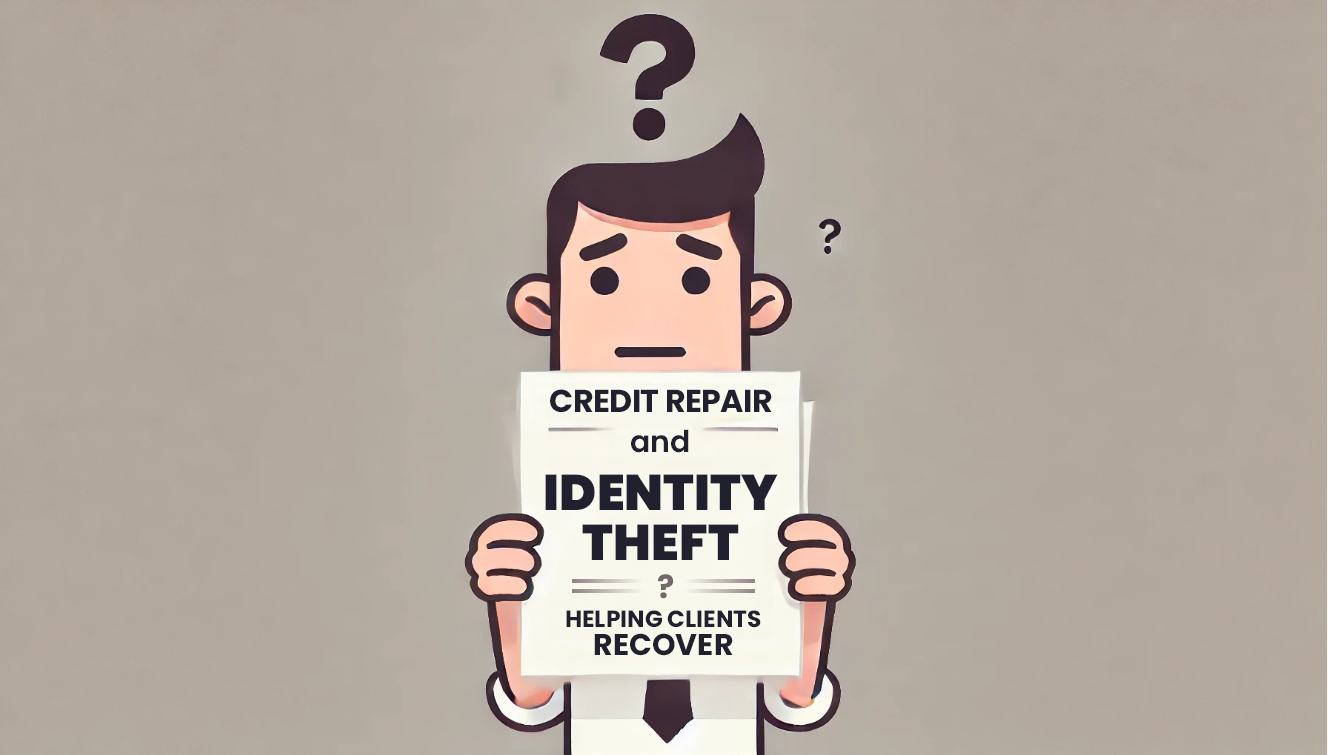Credit Repair: Legal Compliance & Strategy Guide
Understanding Credit Report Compliance for Credit Repair
If you don’t require consumers to obtain credit monitoring, how will you obtain a credit report legally with compliance? The answer is that you can’t. The consumer might bring you the tri-merge report from the mortgage lender or you may even have an unwilling mortgage lender send the report to you directly, but in this case, everyone is operating outside of federal law. Federal law prohibits access to credit reports except for the permissible purpose that the report was pulled. For example, a car dealer can use the report to approve car loans; a mortgage lender for a mortgage loan, and so forth.
Understanding Credit Report Usage and Compliance
Prohibited Uses of Credit Reports by Lenders:
Mortgage lenders’ terms with credit bureaus strictly prohibit using credit reports for credit repair purposes. This practice, if detected by bureaus, can lead to significant consequences. It’s crucial for credit repair organizations (CROs) to adhere to federal laws and protect loan originators from inadvertently jeopardizing their employer’s business by misusing tri-merge credit reports.
Recommended Practices for Credit Repair Organizations
Advising Consumers on Credit Monitoring Services:
CROs should encourage consumers to set up accounts with credit-monitoring providers. This approach aligns with the Terms of Service between consumers and monitoring companies and avoids violating permissible purpose laws. Consumers are free to use their reports as they wish, eliminating potential legal risks for both parties.
Advantages of Consistent Credit Monitoring
- Streamlining Report Comparisons:
Using a single credit monitoring service throughout a customer’s journey facilitates the comparison of updated reports. Different credit monitoring services and tri-merge providers often use unique terminologies, making it challenging to correlate entries and identify errors efficiently.
Proactive vs. Reactive Credit Repair Approaches
- Limitations of Reactive Credit Repair:
In a reactive approach, CROs rely on consumers to forward responses from Credit Reporting Agencies and creditors. However, it’s observed that less than 30% of consumers consistently deliver these results in a timely manner. This reliance can slow down the credit repair process and make it largely reactive. - Benefits of Proactive Credit Monitoring:
By utilizing credit monitoring services, CROs can maintain a proactive stance. Regular monitoring enables faster production of investigation letters, potentially every 30 to 35 days. An increased frequency of investigations typically yields better credit repair results.
The Role of Credit Repair Organizations in Financial Education
**Advocating for Accurate Credit Reporting:**
Credit repair professionals play a dual role as educators about credit and as guardians of consumers’ credit reports. There is a critical need for regulators and organizations like the Better Business Bureau to focus on ensuring the accuracy of credit reports. Studies show a high incidence of errors in credit reports, which can significantly impact consumers’ loan eligibility.
- oEnforcing Consumer Credit Laws:
The emphasis should be on the enforcement of all consumer credit laws, not just those pertaining to Credit Repair Organizations. When credit reports are accurate and comply with federal laws, they reflect the true creditworthiness of a consumer. - Setting Realistic Expectations and Customer Selection:
CROs must establish clear expectations with their clients and ensure that only those meeting specific criteria are accepted as customers. The ultimate goal is the accuracy of credit reports, even if this means that some consumers may not qualify for loans immediately due to verified negative items.
Conclusion:
In summary, credit repair companies must navigate complex legal and ethical landscapes to ensure accurate credit reporting. Emphasizing consumer education, adherence to federal laws, and encouraging the use of credit monitoring services are key. This approach not only safeguards the industry’s integrity but also upholds the consumer’s right to accurate credit reporting, ultimately contributing to the broader economic well-being.
To learn more, Visit ScoreCEO.
For more Education on credir repair, Visit ScoreWayU today.
Editor’s Note: This is part three of the series Profile of the Credit Repair Customer.
Comments are closed.





